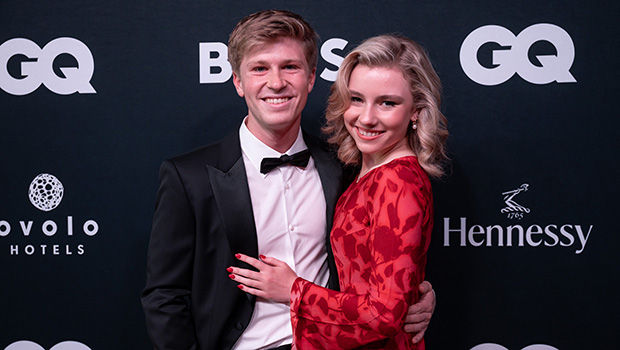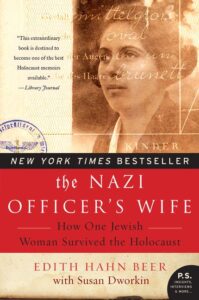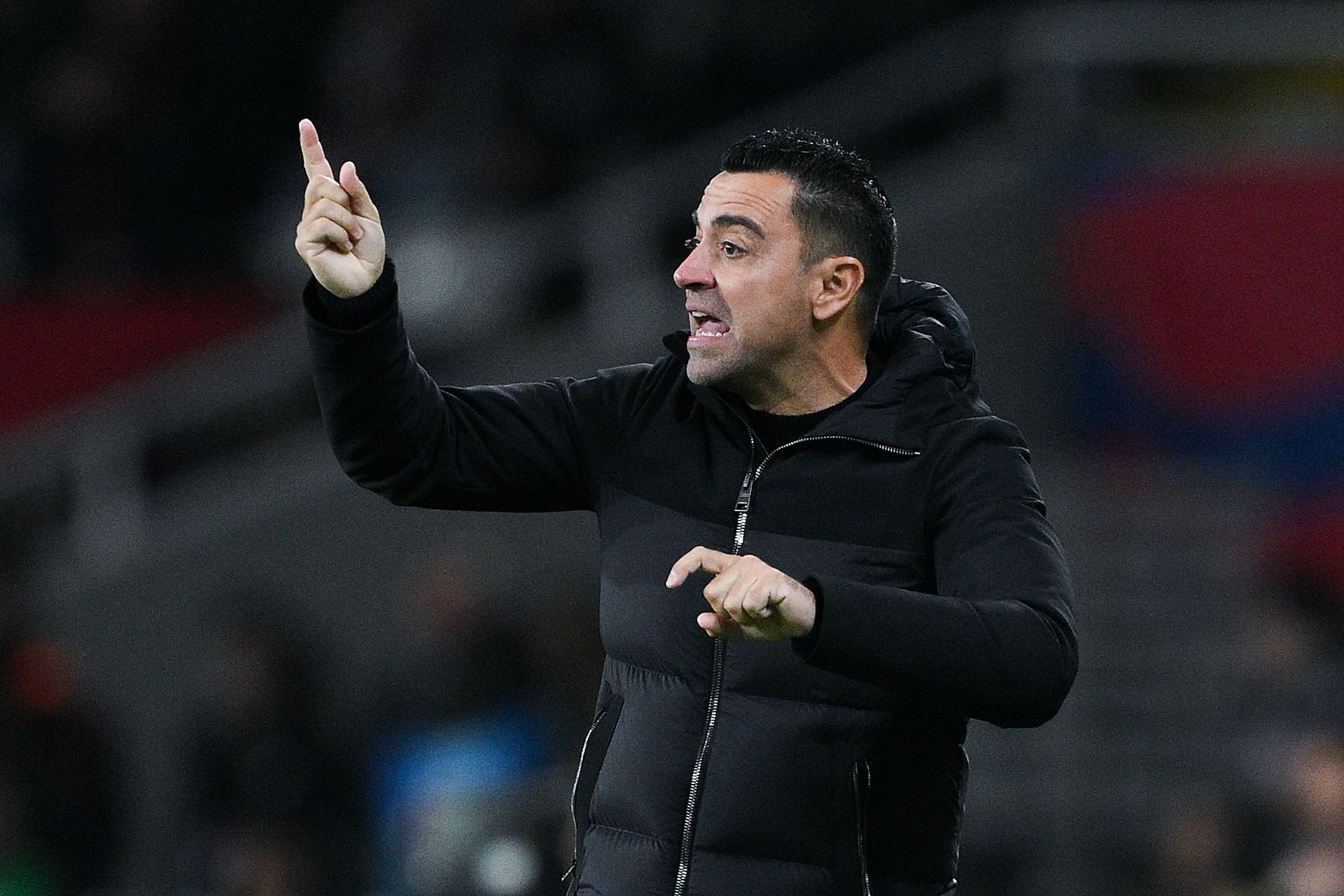Tens of thousands of people have taken part in a pro-Palestinian march in central London.
The Palestine Solidarity Campaign (PSC) march was calling for an immediate ceasefire in the Israel-Gaza war.
Saturday’s march was the first protest to go near the Israeli embassy in west London since a static rally in October.
Some 1,500 officers were deployed to police the protest. Demonstrators said it was one of busiest marches they have attended so far.
Five people were arrested in one incident, on suspicion of assaulting an emergency worker, and police said there were seven other arrests.
One person was arrested on suspicion of supporting a proscribed organisation, one arrested for obstruction, two arrested on suspicion of refusing to remove a face covering when requested, and a further three for using abusive or threatening words or behaviour or displaying material abusive or likely to stir up racial hatred.
BBC News saw tens of thousands of people at the start of the march at Marble Arch.
PSC criticised the government and Labour for refusing to call for an immediate ceasefire. The campaign group’s Ben Jamal said there was “mounting pressure from world leaders” on Israel.
“The moral imperative is clear. An immediate ceasefire is a simple, absolute necessity,” he said.
It was the first demonstration in the area of the Israeli embassy since a protest was held two days after the 7 October attacks on Israel by Hamas, a group designated as a terror organisation by the UK government.
Police restricted the start time of the march to ensure an event taking place at a synagogue would finish prior to the protest passing by the building.
The march set off along Park Lane around 13:30 GMT, and made its way along Knightsbridge and Kensington Road to near the Israeli embassy in Kensington, where speeches were taking place.
Addressing the crowd, the Palestinians’ top envoy to the UK, Husam Zomlot, said: “Hang on to your anger, hang on to your enragement, hang on to your horror and use it, use it in the pursuit of justice.”
Protesters had been told by police the march must stop by 17:00 and that demonstrators had to leave by 18:00.
Cdr Kyle Gordon appealed for marchers to stay within the law, after the force dealt with a number of offences involving placards and hate speech at previous protests.
The protest faced criticism from Israeli government spokesman Eylon Levy, who accused the march of being “another antisemitic hate parade through London”.
Protests have also taken place in Sydney and Istanbul.
Israel launched its military offensive after waves of Hamas fighters burst through Israel’s border on 7 October, killing about 1,200 people – mainly civilians – and taking about 250 others back to Gaza as hostages.
The Hamas-run health ministry in Gaza says more than 28,600 people, mainly women and children – have been killed in Israel’s campaign. Israel says its aim is to destroy Hamas and secure the return of the hostages.
Israel is being urged not to send ground forces into Rafah in southern Gaza and on the Egyptian border, where many Palestinians are living after areas closer to their homes were affected by fighting.
Prime Minister Rishi Sunak has called for a pause to fighting to get aid in and hostages, and a “sustainable ceasefire”.
Foreign Secretary Lord Cameron has said the government supports a “move from a pause – to get aid in and hostages out – towards a sustainable ceasefire, leading to a long term political solution, including a Palestinian state”.
Labour leader Sir Keir Starmer told BBC News on Saturday “we all want to get to a ceasefire” in Gaza, but stopped short of calling for an “immediate” ceasefire.
Speaking at the Munich Security Conference, Sir Keir said: “We do need to get to a ceasefire, we all want to get to a ceasefire. The question is how do we get there? The fighting has to stop. Any assault on Rafah must be repelled, we must not allow that to go ahead”.
But Scottish Labour has passed a motion calling for an immediate ceasefire in Gaza.
















